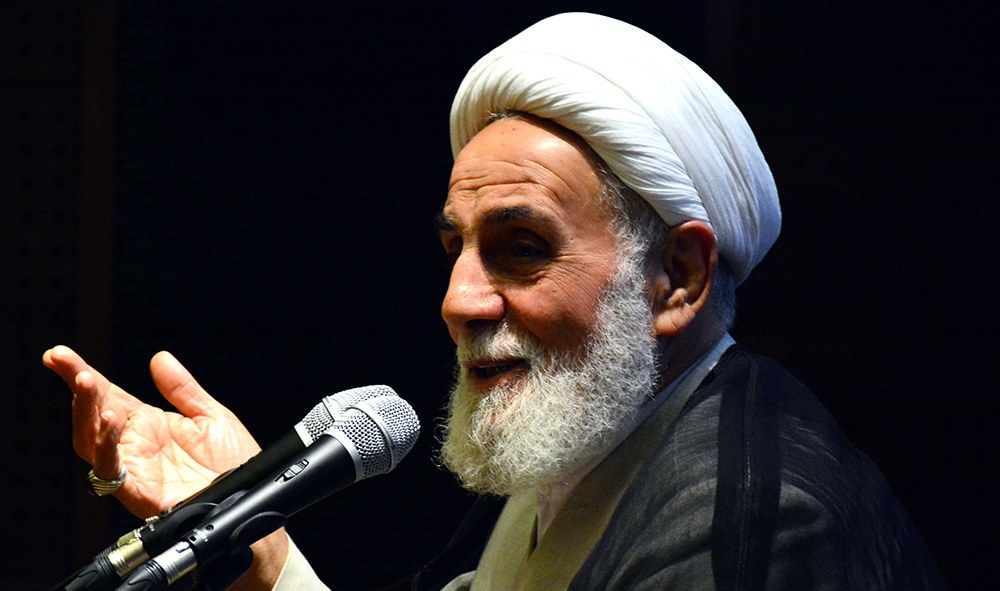
RNA – Speaking at a ceremony marking the inauguration of the Imam Hasan al-Mujtaba Seminary in Tehran, Hujjat al-Islam Ali-Akbar Nategh-Nouri, the head of this seminary, referred to the Iranian volunteers who have traveled to protect the Shi’a shrines from Takfiri terrorist groups in Syria and Iraq and said those individuals who criticize the actions of the defenders of the holy shrines and the warriors on the battlefields of Syria unfortunately do not have a sufficient understanding of politics or religion.”
He said the Iranian people live in a country in which the head of state is a wali al-faqih, a supreme jurisprudent.
Hujjat al-Islam Nategh-Nouri added, “Today we have an supreme jurisprudent who is cognizant, resourceful and brave and who does a complete study on various matters and if we want to thwart the enemies who are hundreds of kilometres away from Iran, it is much better if we prevent them before they enter our borders in order to be secure.”
His Eminence said that the United States and the other enemies of Islam and the Islamic Republic have decided to establish themselves in the Middle East and the problem of the US and other Western countries in regard to Syria is because Syria is Iran’s bridge with Lebanon. “The US and its allies in Lebanon initially planned to remove Bashar al-Assad and to replace him with ISIL or al-Qaeda,” he said.
The Iranian scholar said that Syria is under siege as a result of this desire and when the bridge between Iran and Hezbollah is blocked, they will attack Hezbollah and completely destroy Palestine.
“Certainly if this happens, Israel will come to Iran’s borders and for this reason, we must realize that the war of the enemies of Islam in Syria is to confront the Islamic Republic,” he said.
Hujjat al-Islam Nategh-Nouri stressed that some hardliners say that Iran should not help Palestinians but "do not forget that Palestinians are Muslims too and it is in our national interest to confront the Israelis because if Israel does not feel the heat they will attack Iran’s borders.
He added that understanding such issues requires deep insight in regard to politics and religion.
111/112